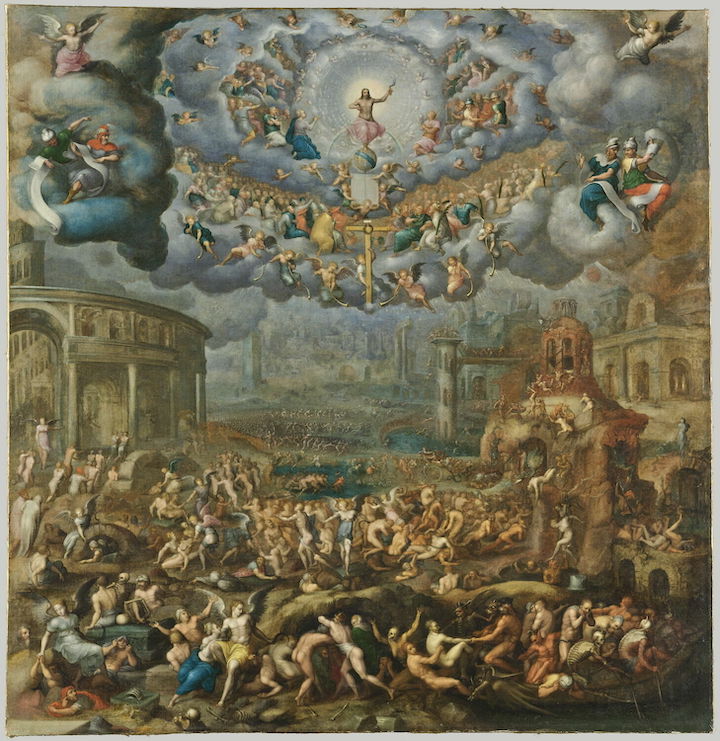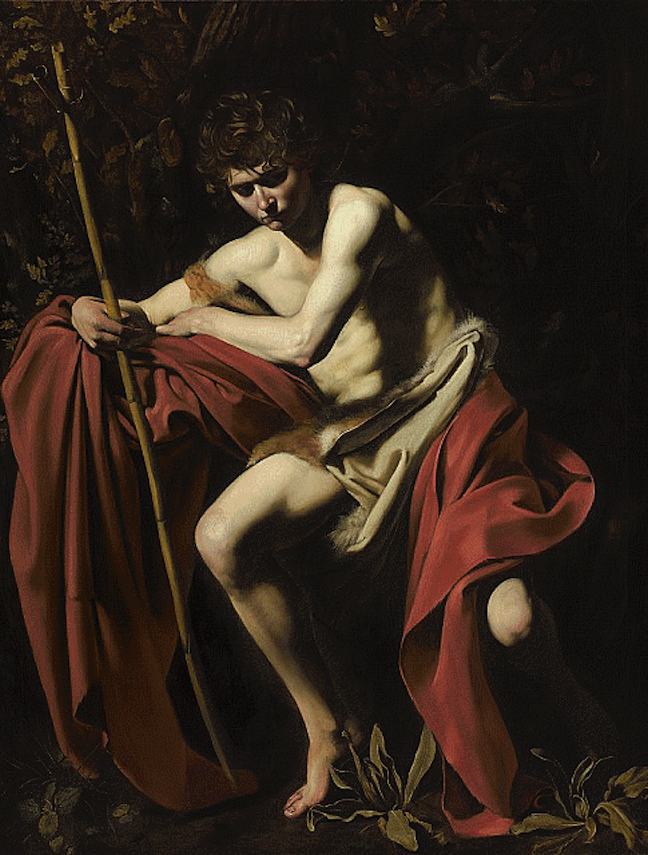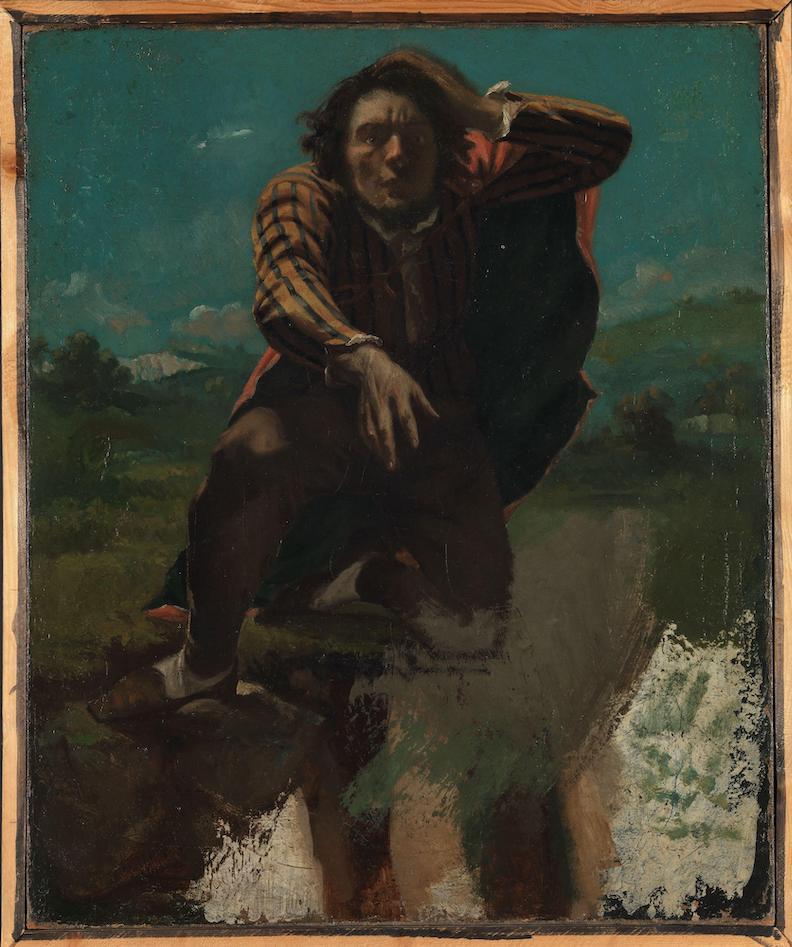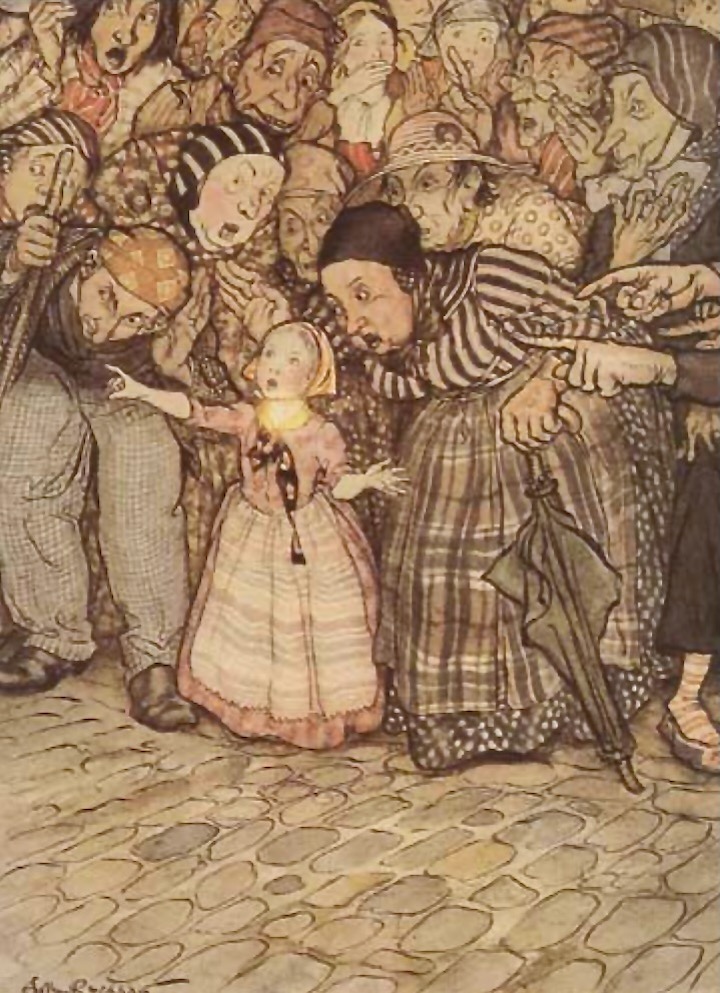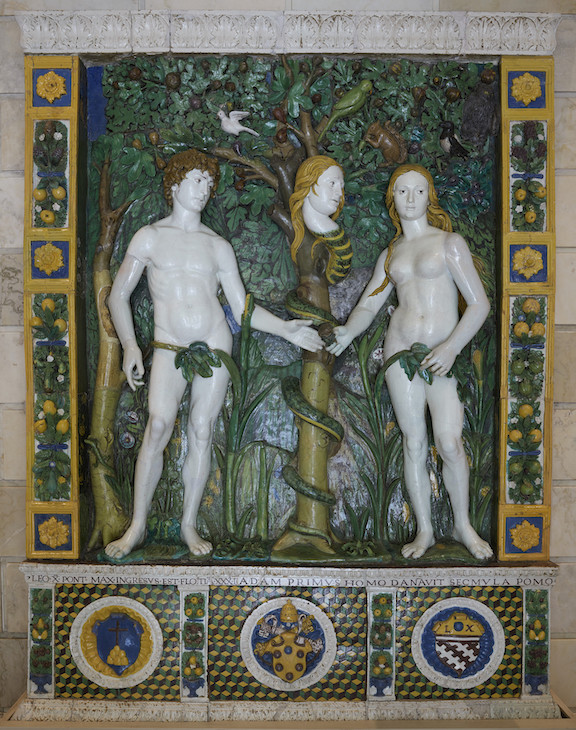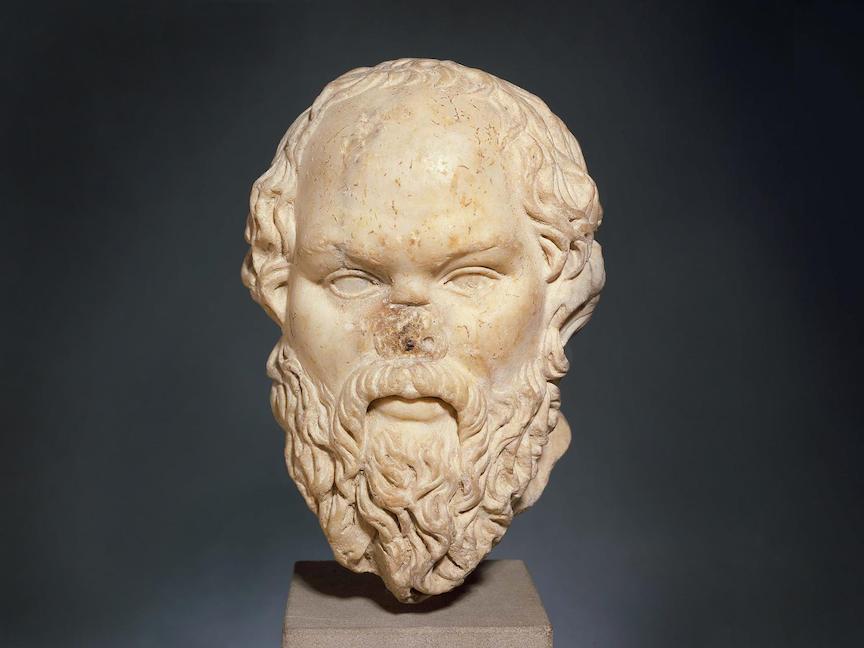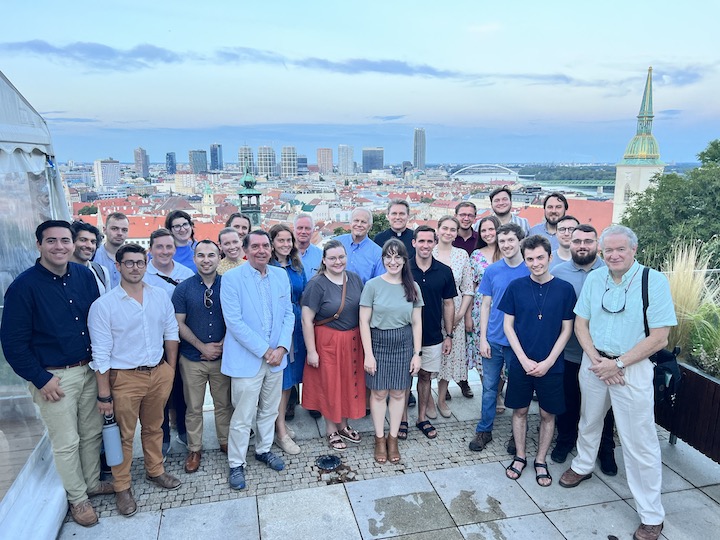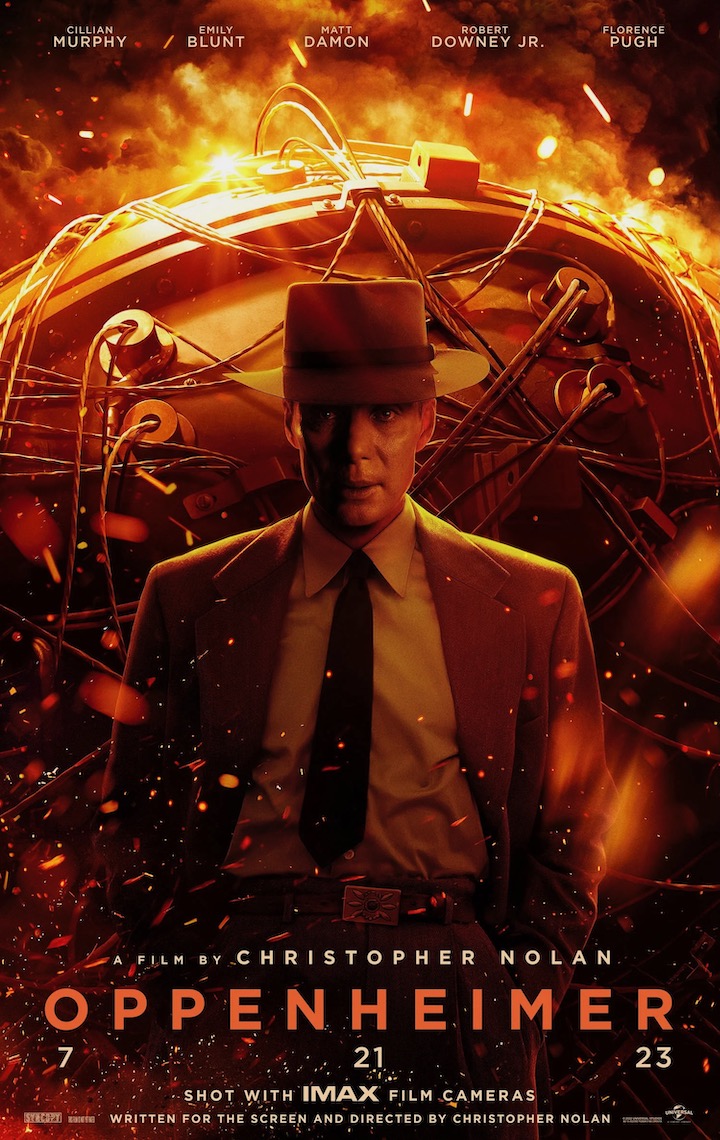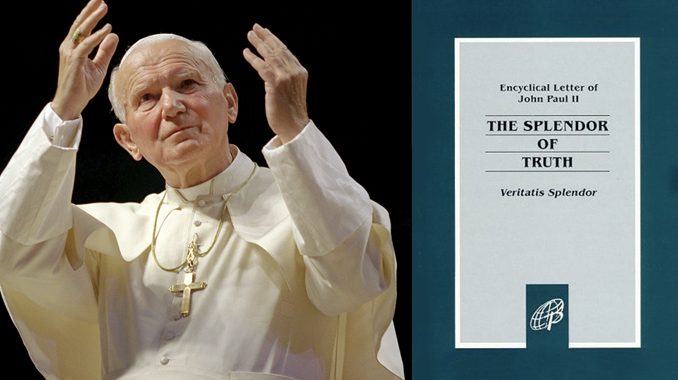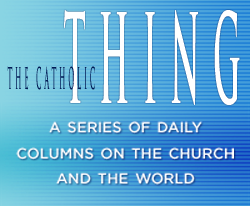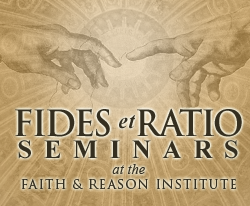Get Read for Some Explosions
Written by Robert Royal
Wednesday, September 20, 2023
Divine Providence is an easy idea to grasp, a hard one to understand. Anyone who believes in a Creator who not only made the world, but loves and continues to be active in it (many religions, by the way, do not) must also accept that He, somehow, draws good even out of things like COVID, bloody wars between nations, tsunamis and typhoons and earthquakes, the suffering and death of heroic martyrs, hapless politicians, clueless churchmen, Synods on Synodality, and even you and me.
We count on His love and mercy, but often experience what seems like abandonment. If there’s any justification of this mystery (mysteries by definition do not admit of complete explanation), all this suggests that we must all need constant shaking up in our confident assumptions about our place in this world – even in powerful empires like modern America, even in the very Church Herself. It’s one of the worst of bad spiritual habits to fall into the belief that we’re pretty much okay on our own and are not radically, totally, at every instant dependent on God.

